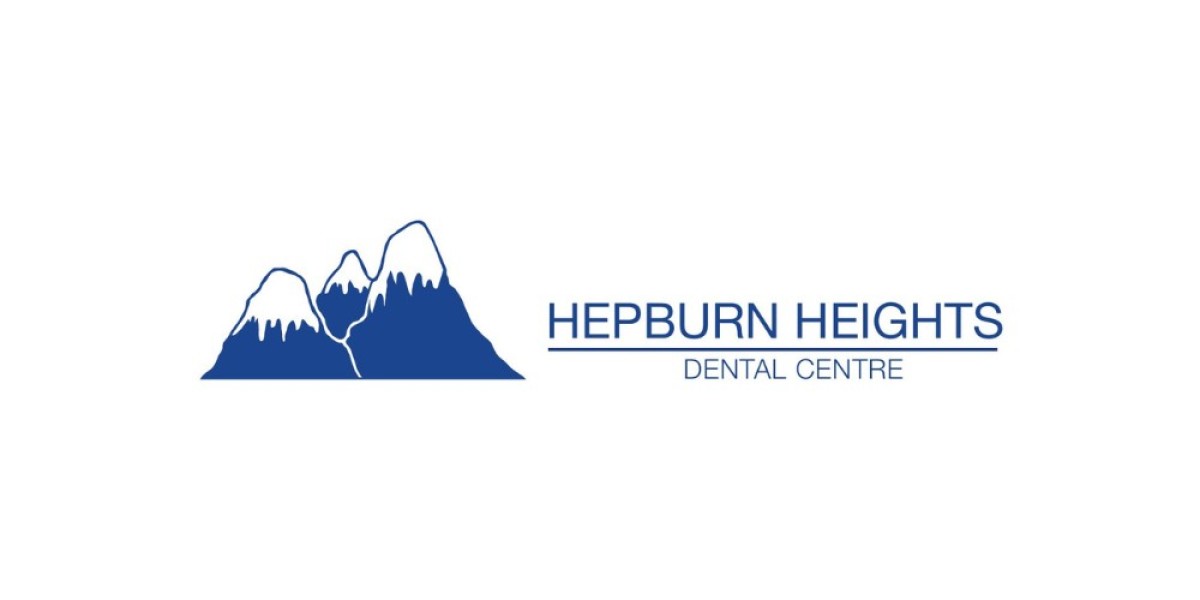A confident smile can light up a room, boost your self-esteem, and positively impact both your personal and professional life. If you’re in the Padbury area and seeking to enhance your smile, Hepburn Heights Dental Centre offers outstanding services tailored to your unique needs. Specializing in Cosmetic Dentistry Padbury, the centre combines advanced techniques with a compassionate approach to deliver stunning results. Whether you’re looking to brighten your teeth, straighten them, or correct imperfections, the expert Cosmetic Dentist Padbury team at Hepburn Heights Dental Centre is here to help.
What is Cosmetic Dentistry?
Cosmetic dentistry focuses on improving the appearance of your teeth, gums, and overall smile. Unlike general dentistry, which primarily addresses oral health and hygiene, cosmetic dentistry aims to enhance the aesthetic appeal while maintaining or improving dental function.
Common cosmetic dentistry procedures include teeth whitening, veneers, dental bonding, crowns, Invisalign, and dental implants. These treatments can fix discoloration, chips, gaps, crooked teeth, or missing teeth, giving you a smile makeover that looks natural and beautiful.
Why Choose Hepburn Heights Dental Centre for Cosmetic Dentistry in Padbury?
When it comes to cosmetic dentistry, choosing the right dental centre is crucial. At Hepburn Heights Dental Centre, patients benefit from:
1. Experienced Cosmetic Dentist Padbury Professionals
The cosmetic dentistry team at Hepburn Heights Dental Centre comprises highly skilled dentists with extensive experience in aesthetic dental procedures. Their expertise ensures that every treatment is precisely tailored to meet your cosmetic goals while preserving your oral health.
2. Personalized Smile Assessments and Treatment Plans
No two smiles are alike. The team at Hepburn Heights Dental Centre takes the time to evaluate your oral health, facial structure, and smile preferences. This personalized approach allows them to develop custom treatment plans designed to deliver the best possible results for each patient.
3. Use of Advanced Dental Technology
Hepburn Heights Dental Centre invests in the latest dental technologies and materials, enabling them to perform cosmetic dentistry procedures with exceptional accuracy and comfort. From digital smile design to state-of-the-art whitening systems, you’ll benefit from the best the industry has to offer.
4. Comfortable and Friendly Environment
Visiting the dentist can sometimes be stressful, but Hepburn Heights Dental Centre creates a welcoming atmosphere that helps patients feel relaxed and confident throughout their cosmetic dentistry journey.
Popular Cosmetic Dentistry Treatments at Hepburn Heights Dental Centre
Whether you want a subtle improvement or a complete smile transformation, Hepburn Heights Dental Centre provides a range of cosmetic dentistry services in Padbury:
Teeth Whitening
One of the most popular cosmetic treatments, teeth whitening effectively removes stains and discoloration caused by coffee, tea, smoking, or aging. At Hepburn Heights Dental Centre, professional teeth whitening delivers brighter, whiter teeth in just one or two visits — far more effective than over-the-counter products.
Veneers
Dental veneers are ultra-thin shells custom-made to cover the front surface of your teeth. They are perfect for masking imperfections such as chips, cracks, gaps, or uneven teeth. The cosmetic dentists at Hepburn Heights Dental Centre use high-quality porcelain veneers that look natural and last for years with proper care.
Invisalign and Orthodontics
For those with misaligned teeth, Invisalign offers a discreet, comfortable alternative to traditional braces. These clear aligners gradually shift your teeth into place without the metal brackets and wires. Hepburn Heights Dental Centre provides expert Invisalign treatment plans tailored to your specific needs.
Dental Bonding
Dental bonding is a quick, cost-effective way to repair minor chips, cracks, or gaps. Using tooth-colored resin, the cosmetic dentist carefully sculpts and bonds material to your teeth, improving their shape and appearance instantly.
Crowns and Bridges
For teeth that are severely damaged or missing, dental crowns and bridges restore function and aesthetics. Crowns cover damaged teeth, protecting them while enhancing their appearance. Bridges replace missing teeth by anchoring to adjacent teeth, restoring your smile’s continuity.
Dental Implants
If you have lost teeth, dental implants offer a permanent and natural-looking solution. Implants function like your natural teeth and help maintain jawbone health. Hepburn Heights Dental Centre provides implant services with expert planning and precise placement.
The Cosmetic Dentistry Process at Hepburn Heights Dental Centre
When you choose Hepburn Heights Dental Centre for cosmetic dentistry in Padbury, you can expect a seamless and professional experience:
Initial Consultation
Your journey begins with a thorough consultation where the cosmetic dentist evaluates your teeth and discusses your smile goals. Using digital imaging, photographs, and sometimes 3D scans, the dentist explains treatment options and what results you can expect.
Custom Treatment Planning
Based on your consultation, a tailored treatment plan is created. The dentist considers factors such as your dental health, budget, and desired outcome to recommend the most appropriate procedures.
Treatment and Follow-Up
Depending on the chosen procedures, treatment may be completed over one or multiple visits. Throughout, the team ensures your comfort and answers any questions you have. Post-treatment, you’ll receive advice on maintenance and follow-up appointments to keep your smile healthy and bright.
Why Cosmetic Dentistry is More Than Just Aesthetics
While the primary goal of cosmetic dentistry is to improve your smile’s appearance, the benefits extend far beyond looks:
- Improved Oral Health: Correcting crooked or crowded teeth can make brushing and flossing easier, reducing the risk of decay and gum disease.
- Better Function: Procedures like crowns and implants restore chewing and speaking functions, improving overall quality of life.
- Boosted Confidence: A beautiful smile enhances self-esteem, leading to better social interactions and professional opportunities.
- Long-Term Savings: Early cosmetic corrections can prevent future dental problems, saving time and money in the long run.
Testimonials from Happy Patients
Many patients from Padbury and surrounding areas have experienced transformative results at Hepburn Heights Dental Centre. Here are some of their words:
"The team at Hepburn Heights Dental Centre made me feel comfortable and confident throughout my teeth whitening treatment. The results were beyond my expectations!" — Sarah M., Padbury
"I had dental veneers done here, and my smile looks incredible. The cosmetic dentist really understood what I wanted and delivered fantastic results." — James T., Padbury
"I chose Hepburn Heights for Invisalign treatment, and the process was smooth and effective. Now, my teeth are perfectly aligned, and I can’t stop smiling." — Lisa K., Padbury
Conclusion
Your smile is one of your most valuable assets, and at Hepburn Heights Dental Centre, expert Cosmetic Dentistry Padbury is available to help you unlock its full potential. With a skilled team of cosmetic dentists, state-of-the-art technology, and personalized care, Hepburn Heights Dental Centre is the trusted choice for smile makeovers in Padbury.
Don’t wait to achieve the smile you’ve always wanted. Schedule your consultation today and experience the life-changing benefits of professional cosmetic dentistry from the leading Cosmetic Dentist Padbury at Hepburn Heights Dental Centre.








